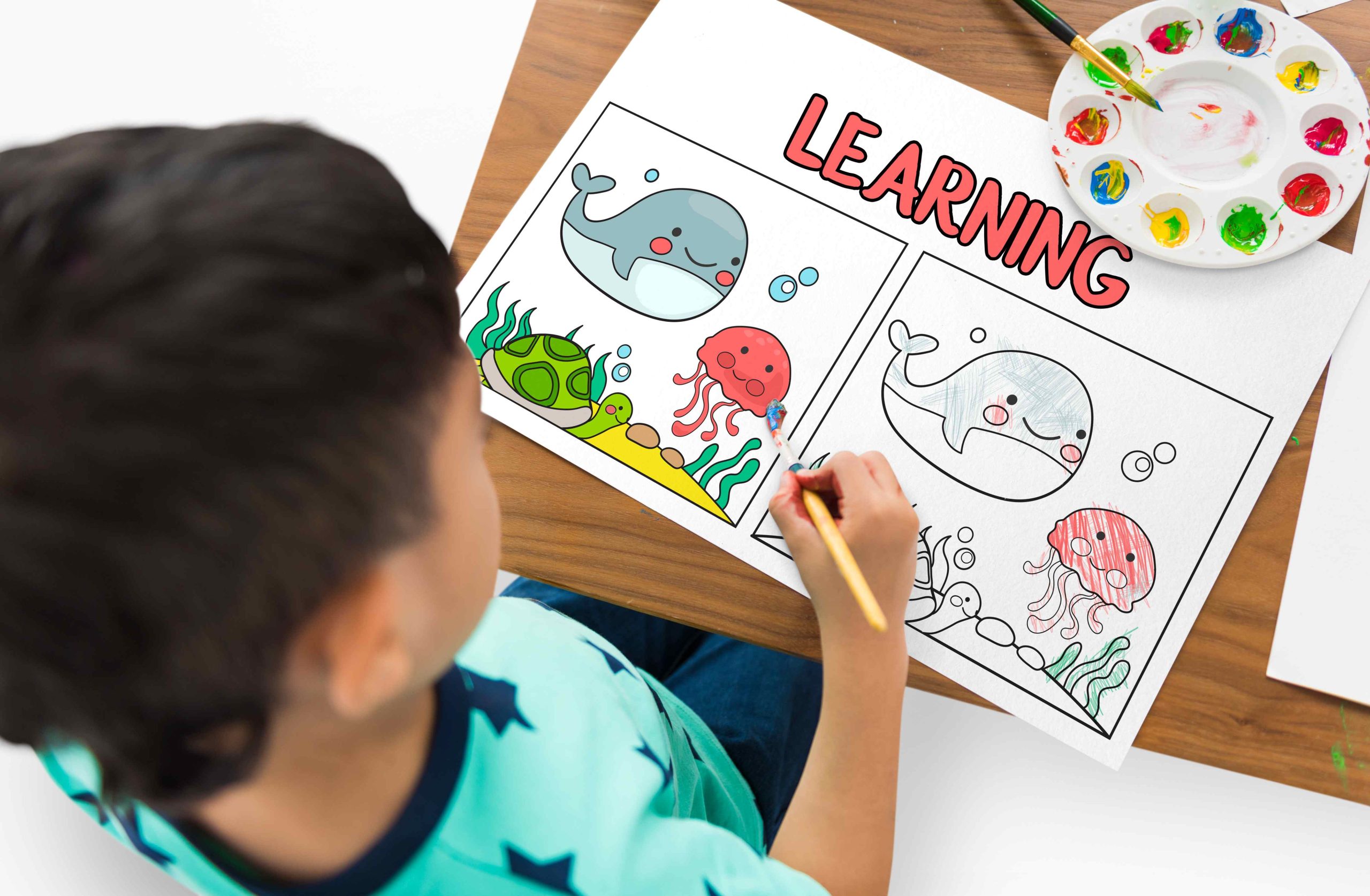
Boosting Preschooler Academic Readiness: Enrichment Activities for Optimal Development
As parents and caregivers, we all desire our preschoolers to be well-prepared for the academic challenges ahead. A strong academic foundation lays the groundwork for future success in school and beyond. But how can we ensure their academic readiness? Enrichment activities offer one solution by promoting optimal development. In this article, we’ll explore these activities and highlight effective ways to support preschoolers’ academic readiness.
Understanding Enrichment Activities
Enrichment activities encompass experiences beyond typical preschool offerings, fostering learning and development. They come in various forms, including educational games, reading, outdoor play, and creative arts. These activities challenge preschoolers, stimulating their minds, fostering a love for learning, and nurturing critical thinking and problem-solving skills.
Essential for promoting academic readiness, research demonstrates that exposure to enrichment activities enhances academic performance and increases future success likelihood. By offering a range of enriching experiences, we can help preschoolers establish a strong academic foundation.
1. Reading
Reading stands as one of the most crucial enrichment activities for preschoolers, promoting language development and literacy skills while igniting a passion for learning. To encourage reading, parents and caregivers should ensure easy access to books and engage in regular reading sessions, prompting discussion and encouraging connections to the child’s experiences.
2. Educational Games
Engaging and enjoyable, educational games are effective in promoting academic readiness. Available in various forms like puzzles and online platforms, these games enhance problem-solving, critical thinking, and spatial awareness skills.
3. Creative Arts
Creative arts activities, such as drawing and painting, foster fine motor skills and encourage self-expression. Additionally, they promote language development as children often discuss their creations and the stories behind them.
4. Outdoor Play
Crucial for physical activity and gross motor skill development, outdoor play also allows preschoolers to explore nature, learn about different animals and plants, and develop an appreciation for the environment.
5. Music and Movement
Music and movement activities aid in developing listening skills, language, and physical coordination. Through rhythmic experiences, preschoolers learn about patterns and sequencing.
6. Field Trips
Field trips provide enriching experiences beyond the classroom, allowing preschoolers to learn about the world, develop social skills, and cultivate a love for learning.
7. Cooking and Baking
Cooking and baking activities offer opportunities to develop math, science, and literacy skills through measuring, following recipes, and experimenting with ingredients.
8. Building and Construction
Through building and construction activities, preschoolers enhance spatial awareness, problem-solving skills, and creativity as they experiment with different structures and materials.
9. Science Experiments
Simple science experiments introduce preschoolers to basic concepts like chemical reactions and electricity, fostering observation and measurement skills.
10. Nature Exploration
Nature exploration facilitates learning about animals, plants, and the environment, encouraging observation and identification skills.
Enrichment activities are vital for promoting academic readiness in preschoolers. By integrating a variety of enriching experiences into daily life and tailoring them to each child’s unique interests, parents and caregivers can help build a strong foundation for academic success.


